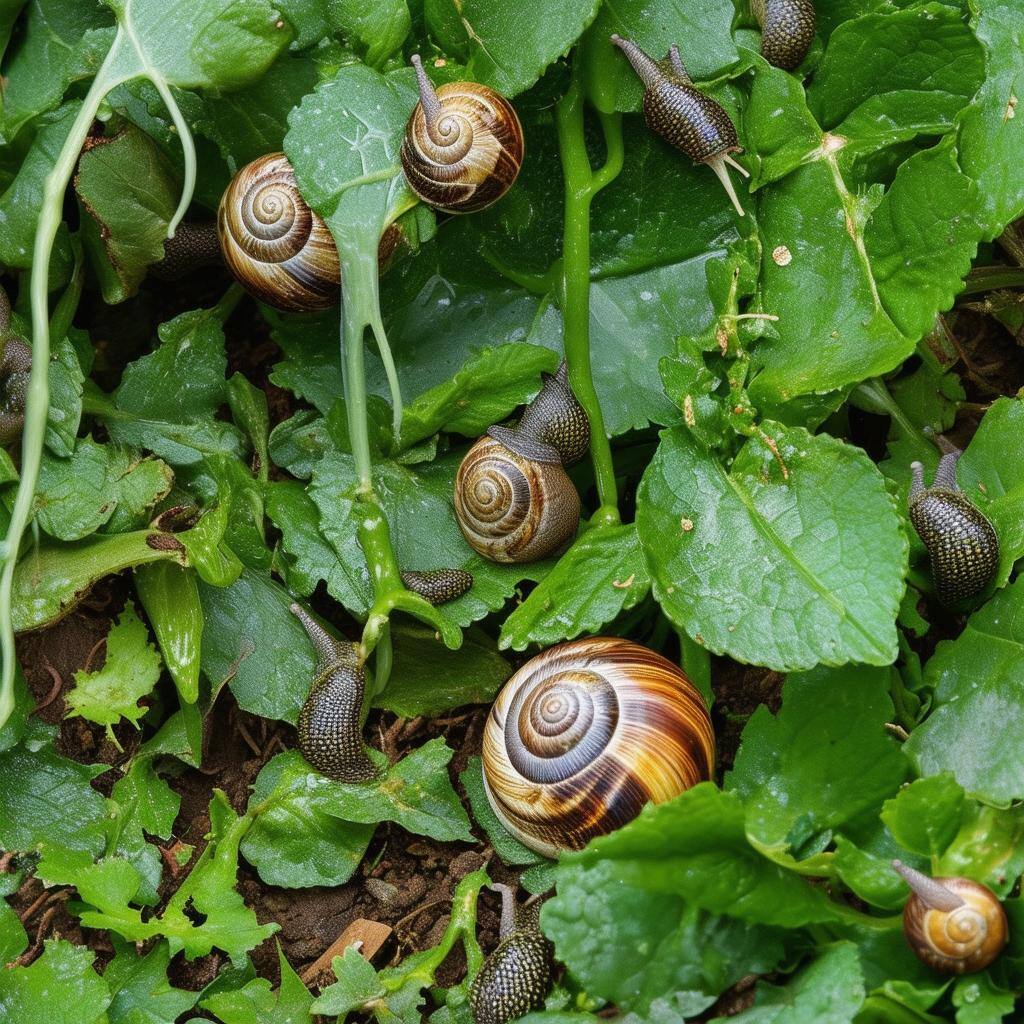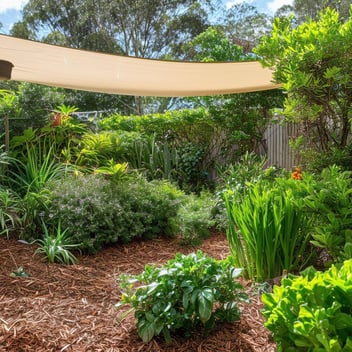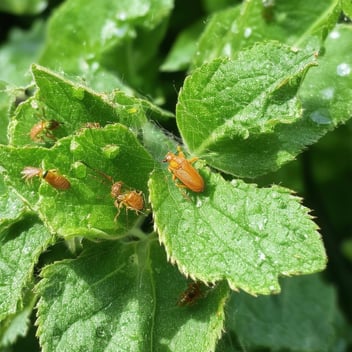Dealing with Snails and Slugs: A Guide for SEQ Gardeners
Introduction
In the lush, subtropical environs of South East Queensland (SEQ), gardeners often contend with the persistent nuisance of snails and slugs. These mollusks can inflict significant damage on flora, compromising both aesthetics and yield. Implementing effective management strategies is crucial to maintaining verdant and productive gardens.
Understanding Snails and Slugs
Snails and slugs, though similar, exhibit distinct characteristics. Snails possess coiled shells, providing refuge and moisture retention, while slugs lack such shells, rendering them more susceptible to desiccation. Both are predominantly nocturnal, favoring cool, moist conditions. In SEQ, common pest species include the introduced common garden snail (Cornu aspersum) and various slug species.
Identifying Infestations
Recognizing the presence of these pests is pivotal for timely intervention. Indicators encompass irregular holes in foliage, slime trails on plants and soil, and the discovery of the culprits themselves during damp conditions or beneath debris. Seedlings and tender leaves are particularly vulnerable, often exhibiting extensive damage.
Natural Predators and Biological Control
Nature offers allies in the form of predators such as birds, frogs, and certain beetles, which can help regulate snail and slug populations. Encouraging these organisms by creating suitable habitats enhances their presence. Additionally, the nematode Phasmarhabditis hermaphrodita has been employed as a biological control agent, parasitizing and lethally infecting slugs.
Cultural and Physical Control Methods
Maintaining a tidy garden by removing debris, leaf litter, and excess moisture reduces hiding spots for these pests. Implementing barriers such as copper tape around plant pots can deter slugs, as contact generates a mild electric shock. Handpicking during evening hours and employing traps, like beer-filled containers, can effectively reduce populations.
Chemical Control Options
When infestations are severe, chemical interventions may be necessary. Molluscicides containing iron phosphate are considered environmentally friendly and pose minimal risk to non-target species. Conversely, metaldehyde-based baits are effective but can be toxic to pets and wildlife; thus, caution is advised. Adhering to local regulations and manufacturer guidelines is imperative when utilizing these substances.
Integrated Pest Management (IPM)
A holistic approach, integrating multiple control methods, yields sustainable results. Regular monitoring, combined with cultural, biological, and chemical strategies, allows for adaptable and effective management. Employing IPM fosters a balanced ecosystem, reducing reliance on chemical controls and promoting long-term garden health.
By comprehending the behaviors of snails and slugs and implementing a multifaceted management plan, SEQ gardeners can mitigate damage and cultivate thriving, resilient gardens.




